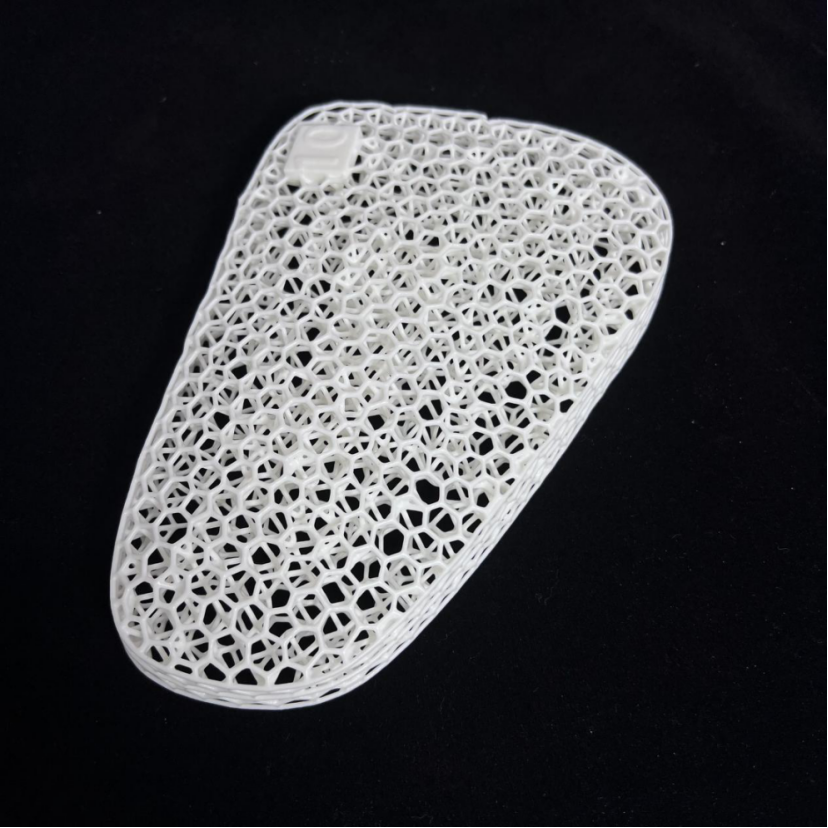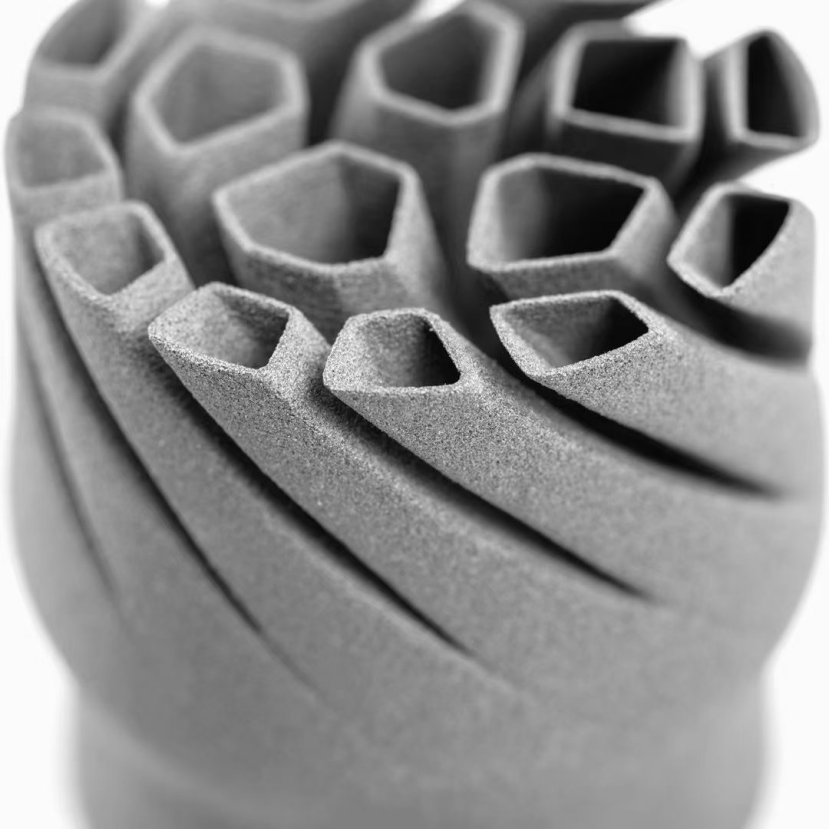industrial prototyping
Industrial prototyping represents a revolutionary approach in modern manufacturing, enabling companies to transform conceptual designs into tangible models before full-scale production. This sophisticated process encompasses various technologies including 3D printing, CNC machining, and injection molding, allowing businesses to validate designs, test functionality, and identify potential issues early in the development cycle. The process begins with digital design creation, followed by material selection based on the prototype's intended purpose, whether for visual demonstration, functional testing, or pre-production validation. Advanced software solutions integrate seamlessly with manufacturing equipment, ensuring precise replication of design specifications and maintaining tight tolerances. Industrial prototyping facilitates rapid iteration, enabling designers and engineers to refine products through multiple versions quickly and cost-effectively. This technology supports various industries, from automotive and aerospace to consumer electronics and medical devices, offering solutions for both simple components and complex assemblies. The versatility of industrial prototyping extends to material options, including plastics, metals, composites, and hybrid materials, ensuring optimal performance characteristics for specific applications.


